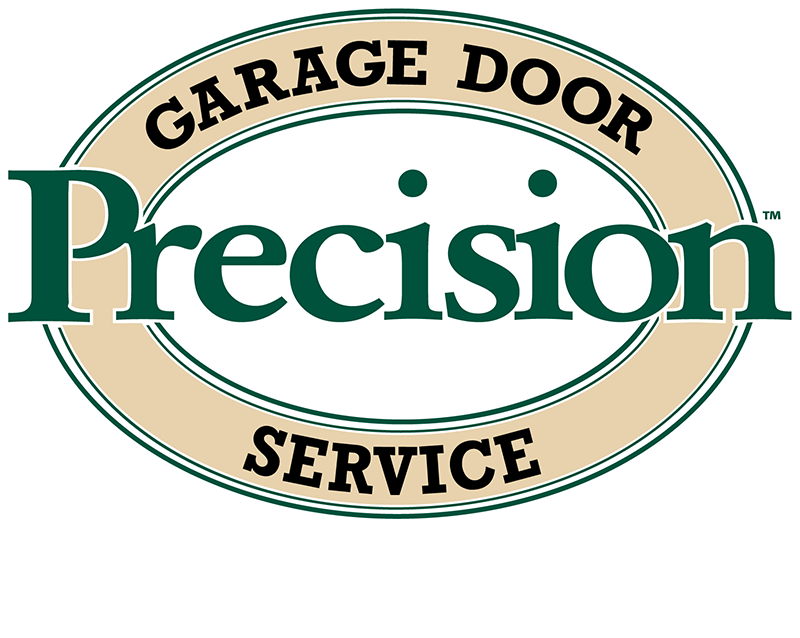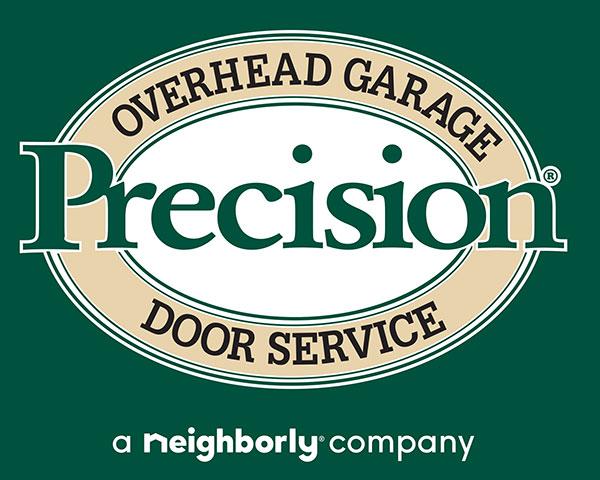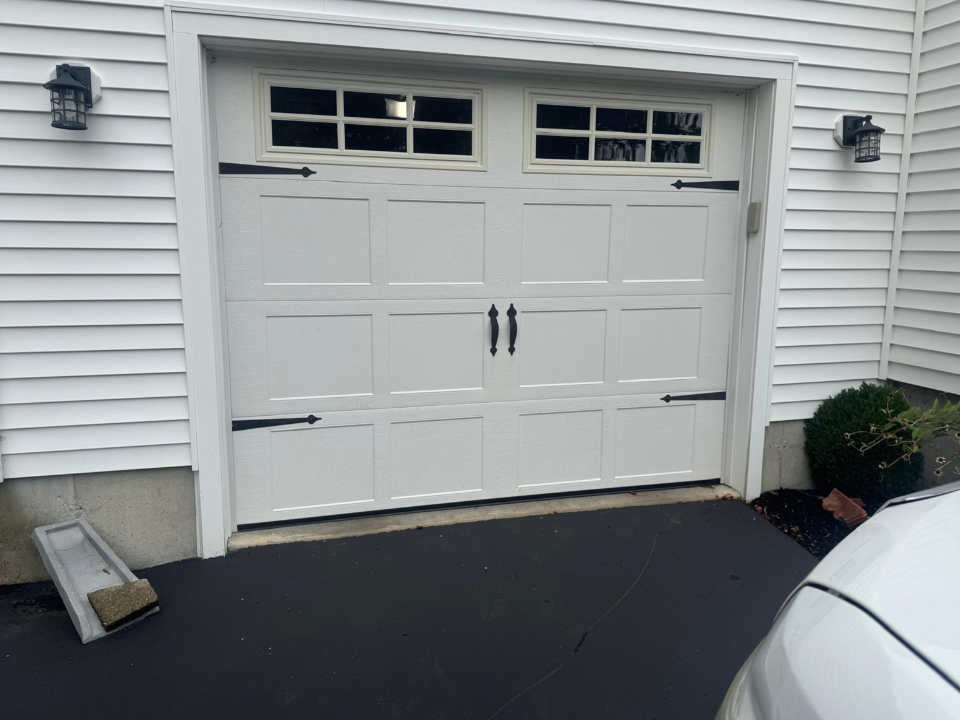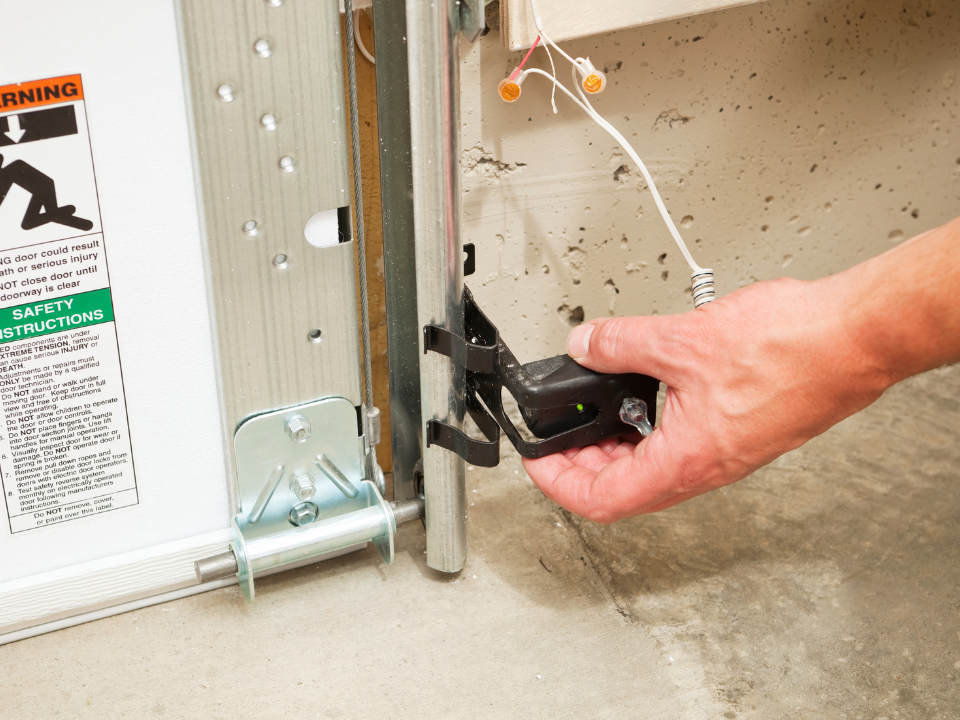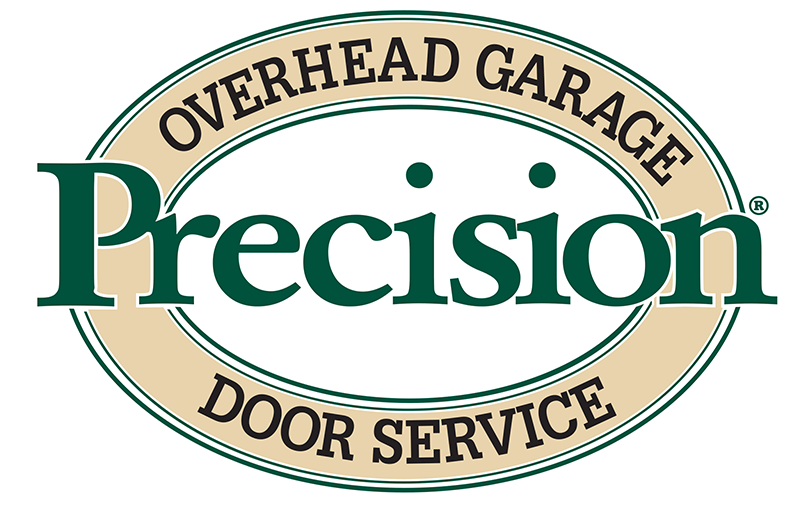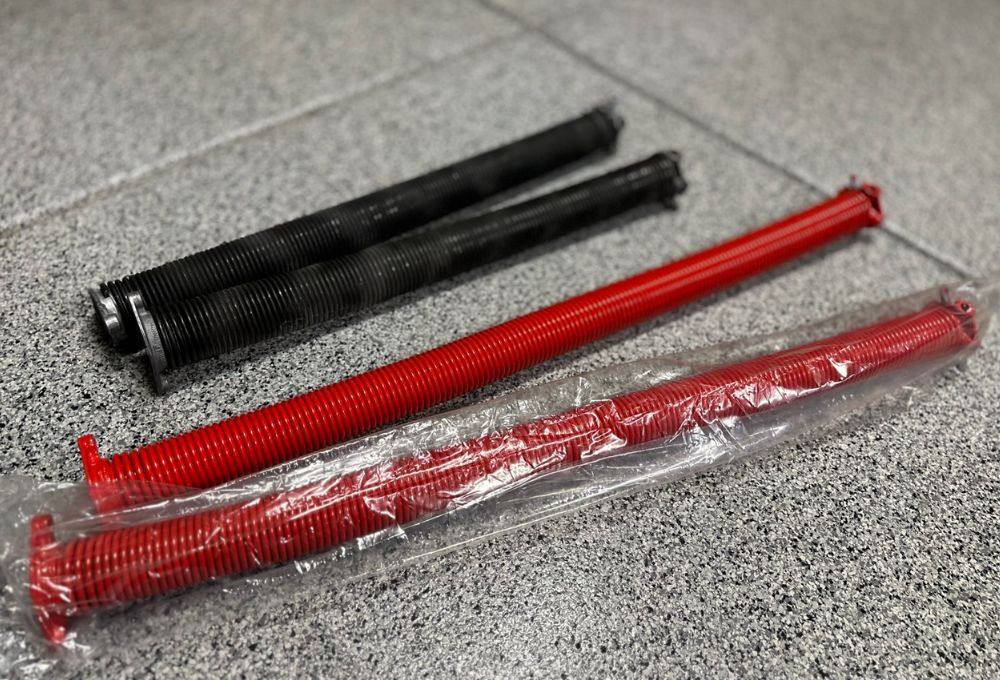
Garage doors may look simple from the outside, but inside, powerful springs are doing the heavy lifting. Every time you open or close the door, these springs balance the weight and make the process smooth. Without them, the opener would not be able to move the door at all.
The problem is that most homeowners do not know the difference between extension springs and torsion springs. When one breaks, it can cause confusion and even lead to the wrong repair choice. Since each type of spring has its own design, function, and risks, knowing the difference is critical.
This blog will help you understand the two main spring systems. You will learn how they work, which one lasts longer, and what makes them safe or risky. With expert insight from Precision Garage Door of Orange County, you will be prepared to make informed decisions about spring repair or replacement.
Why Springs Matter in Garage Door Systems
Garage door springs do more than assist movement. They provide balance, control, and safety every time the door moves. When springs are in good condition, the door feels light and smooth. When they wear out, the door becomes heavy, noisy, and unpredictable.
A broken spring is one of the most common and urgent repair needs. Without a functioning spring, the door may slam shut or refuse to open. That is why timely garage door repair is so important. Worn or damaged springs should never be ignored, as they affect both safety and performance.
Our team specializes in diagnosing and fixing broken springs. We understand how dangerous a failed spring can be and why professional care is the safest option. With regular inspections and timely replacements, homeowners can keep their garage doors working reliably. Strong springs protect not only the door but also the opener and other connected parts.
Extension vs. Torsion Springs – Key Differences
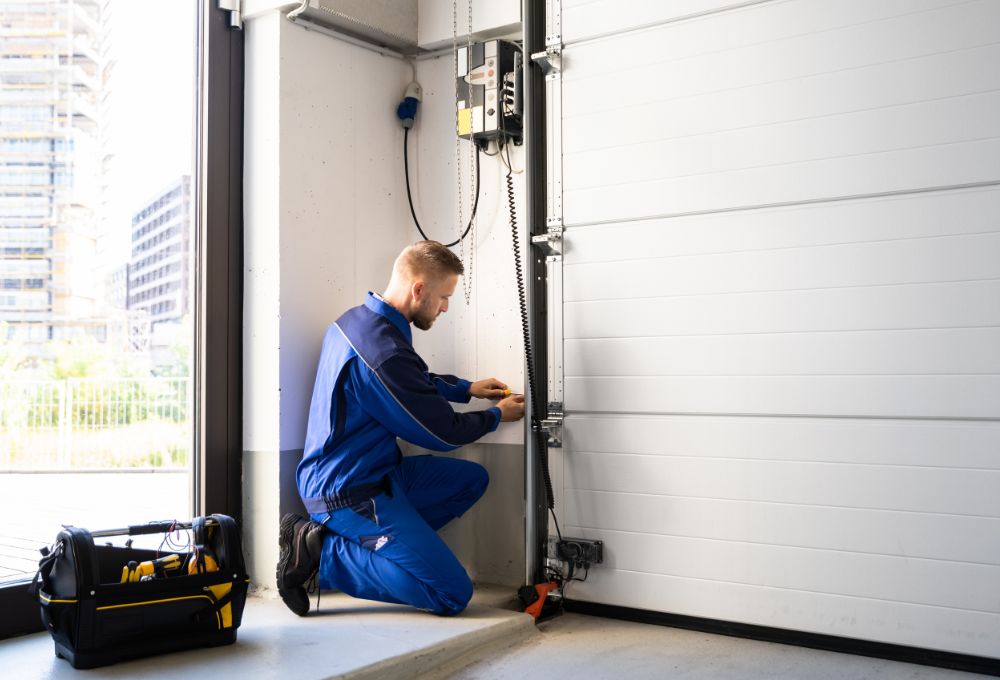
Garage door springs may all serve the same purpose, but their design and performance vary. The two main types, extension springs and torsion springs, work in different ways and have unique advantages. Understanding these differences helps homeowners choose the right option for their door.
Design and Function
Extension springs stretch along the sides of the garage door. As the door closes, the springs extend and store energy. When the door opens, that stored energy is released, helping lift the weight. They are often less expensive, but they also create more bounce and require additional parts to keep the door stable. Because they stretch and retract constantly, they need frequent adjustment.
Torsion springs, on the other hand, use torque instead of stretching. They sit above the garage door and twist tightly to store energy. When the door opens, the spring unwinds and applies even force across the system. This design makes torsion springs smoother, stronger, and more reliable. Many homeowners also upgrade hardware with quality parts and accessories to match the strength of torsion systems.
Lifespan and Durability
Extension springs usually last about 5,000 to 10,000 cycles. For a busy household, this can mean replacement in just a few years. Because they move more independently, they also wear unevenly and sometimes break suddenly. For homes where the garage door is used multiple times a day, extension springs may not provide the durability needed.
Torsion springs, however, last much longer often up to 20,000 cycles or more. They spread the workload evenly, which reduces stress on cables and rollers. A well-installed torsion system also puts less strain on garage door openers, helping the entire system last longer. Though they cost more upfront, their durability saves money over time.
Safety and Maintenance
Safety is one of the most important differences between these spring types. Extension springs can snap and fly off if not properly contained. This creates a major hazard for both people and property. They require safety cables and frequent checks to reduce the risk of accidents.
Torsion springs are considered safer, but they hold more tension. If handled without training, they can still cause serious injury. That is why a professional safety inspection is essential. Experts can test balance, tighten parts, and make adjustments safely. Regular maintenance prevents sudden failures and keeps both spring types working properly.
Cost Considerations
Price often plays a major role in choosing between extension and torsion springs. Extension springs are generally less expensive upfront. For homeowners looking for a quick, low-cost solution, they may seem appealing. However, the lower price comes with more frequent replacements and extra maintenance.
Torsion springs cost more at the beginning but last longer. Their durability means fewer replacements and less strain on connected parts. Over time, they often prove to be the smarter financial choice. When a door is used daily, investing in a stronger system saves money by avoiding repeated service calls.
In some cases, homeowners decide that spring replacement is the right moment to upgrade completely. Installing new garage doors can deliver improved insulation, stronger hardware, and modern style in one step. Whether repairing or replacing, our technicians explain all costs clearly so homeowners can make the best decision.
Which Spring Type Is Right for You?
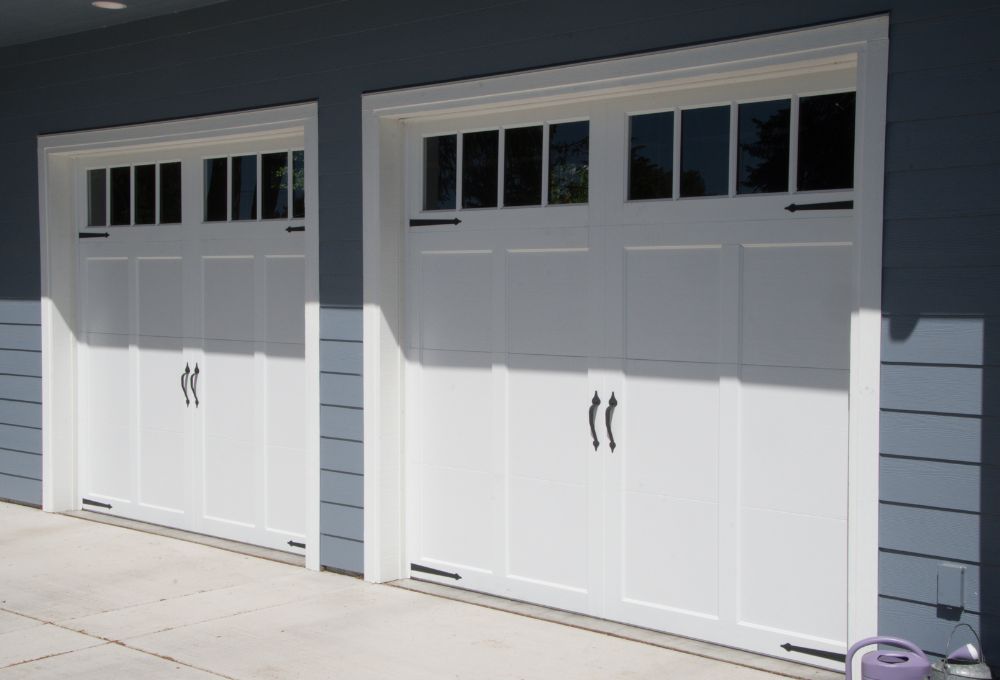
The right spring depends on how the garage door is used. Smaller doors or those with light use may perform well with extension springs. Larger, heavier doors or doors used multiple times a day benefit from torsion springs.
Noise is another factor many families consider. A noisy door can signal strain on the springs. Torsion springs generally operate more quietly, which makes them a better fit for attached garages. They also improve the smoothness of movement, which adds comfort and reliability.
Climate also plays a role in wear and tear. In areas like Orange County, heat and humidity can shorten the life of springs. Protecting your garage door from weather ensures whichever spring system you choose lasts longer. Professional advice from our team helps match the right spring to the specific needs of your home.
Get Expert Help for Your Garage Door Springs
Both extension and torsion springs play a vital role in how your garage door works. While extension springs offer a lower upfront cost, torsion springs provide longer life, smoother motion, and greater safety. Knowing the differences helps you understand which option is right for your home, but professional support is always the safest choice.
At Precision Garage Door of Orange County, we handle every type of spring service. From maintaining your garage door to replacing broken parts, our technicians ensure your system runs smoothly. We provide reliable service for both extension and torsion springs, and we back our work with trusted parts and expert knowledge. No matter which spring your door uses, proper care protects your investment and your safety.
If you have noticed uneven movement, strange noises, or a heavy door, now is the time to act. Schedule service today through Contact Precision Garage Door Orange County Now. Our team will inspect your springs, explain the best options, and complete repairs safely. With our help, you can enjoy a dependable garage door system that operates quietly, securely, and reliably every day.
